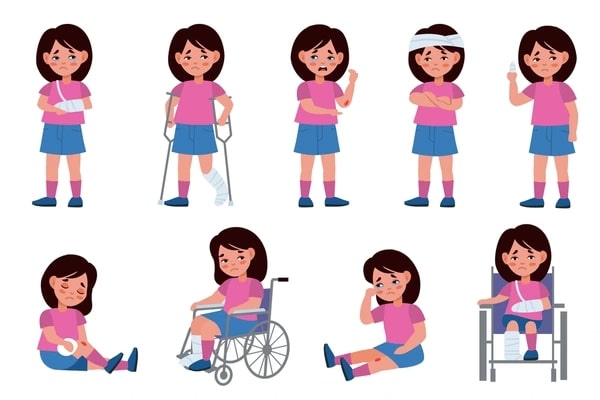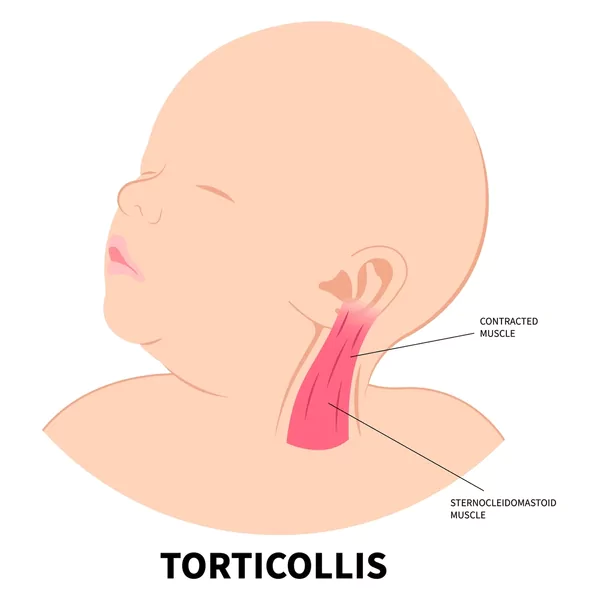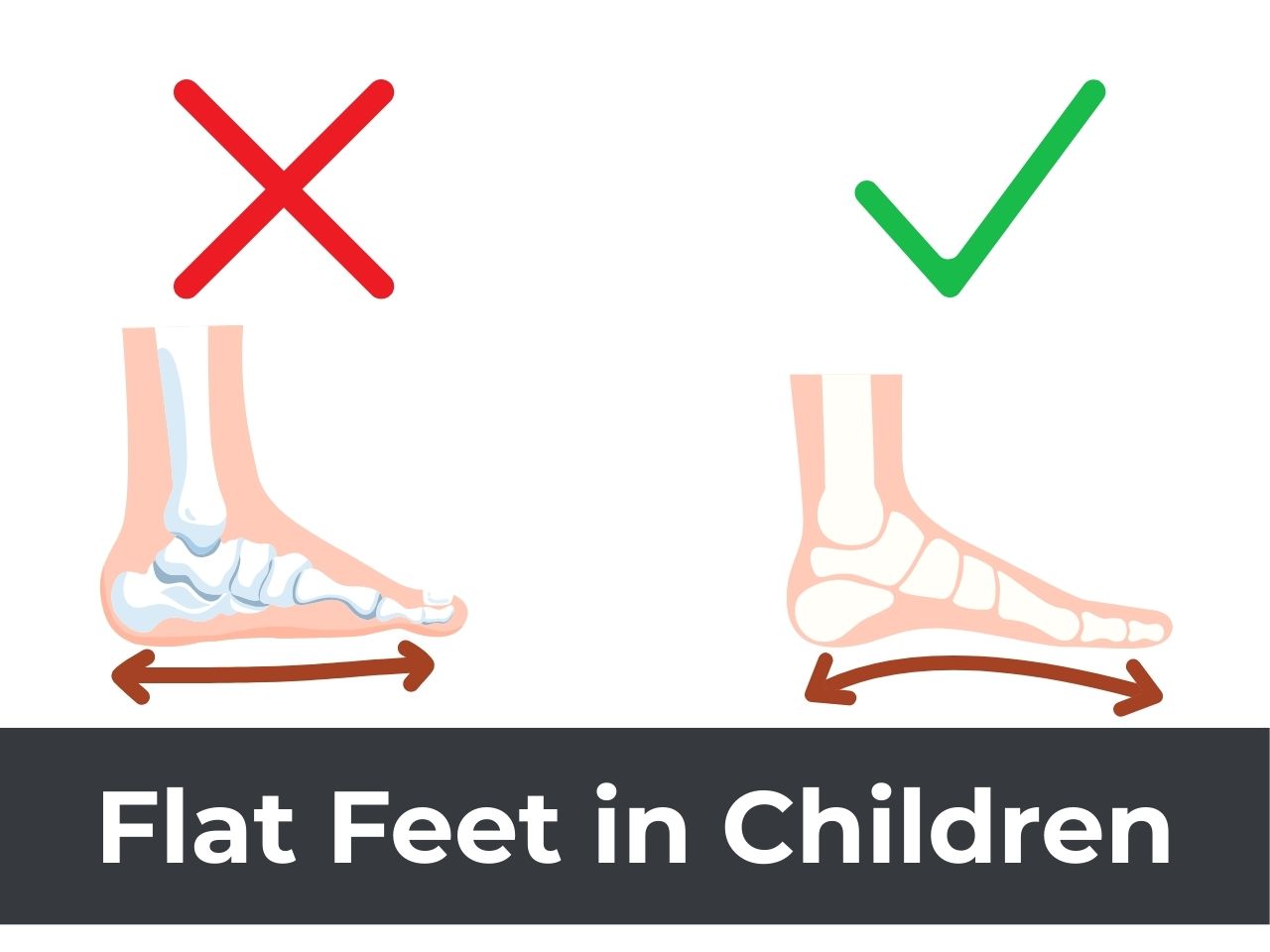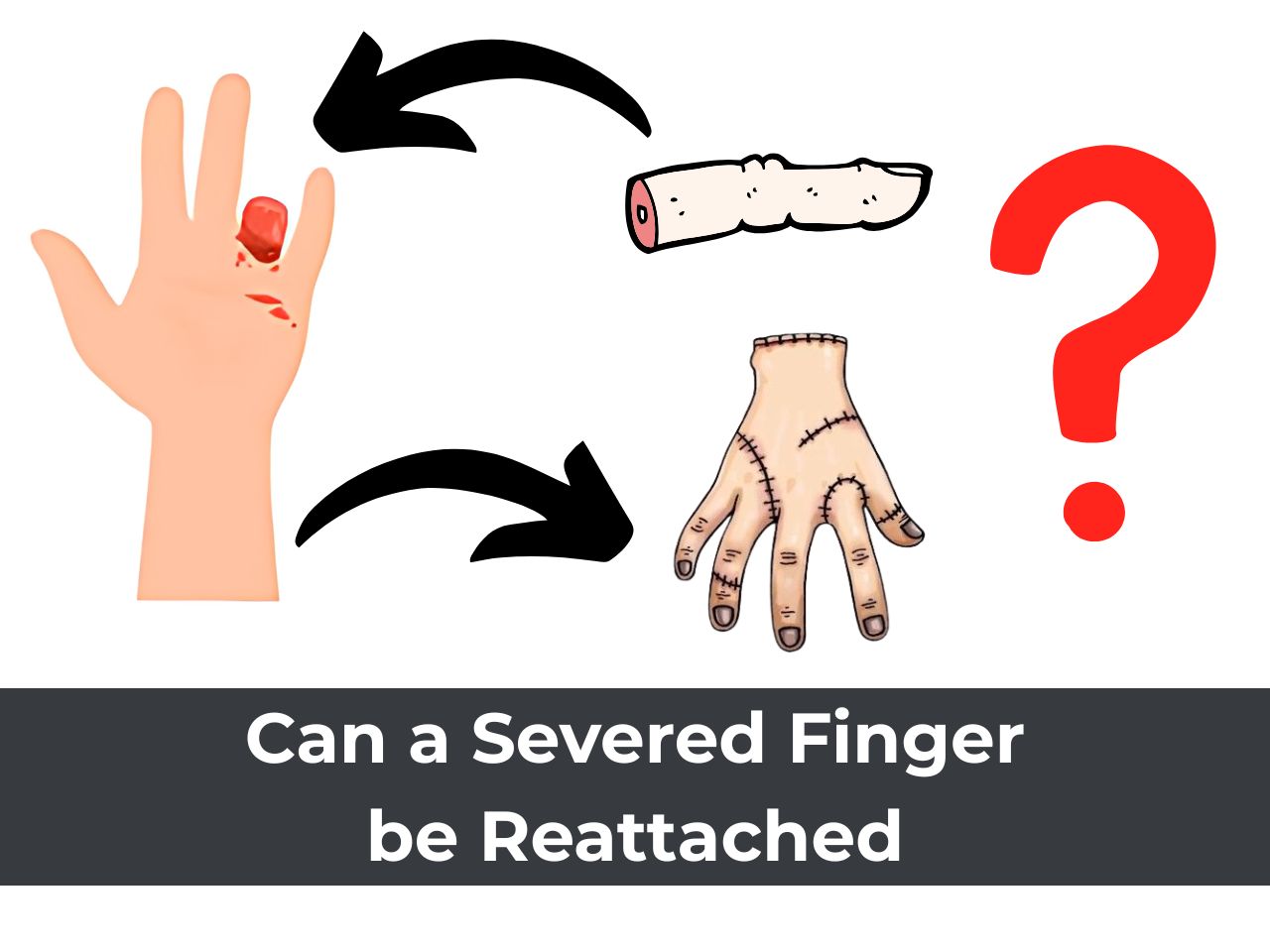If chronic knee pain has been holding you back from living your life to the fullest, knee surgery could be the next step toward a pain-free future.
But with multiple surgical options available—like Total Knee Replacement and Partial Knee Replacement—how do you know which one is right for you?
At Pinnacle Orthocentre, a leading Knee Replacement hospital in Thane, we specialize in advanced orthopedic treatments tailored to each patient’s condition.
In this article, we explore the key differences, benefits, recovery time, and candidacy for both surgical options to help you make an informed decision.

What is Total Knee Replacement (TKR)?
Total Knee Replacement involves replacing the entire knee joint with artificial components. It’s often recommended when all compartments of the knee are damaged due to advanced osteoarthritis or trauma.
How it works?:
- The damaged cartilage and bone are removed from the thighbone, shinbone, and kneecap.
- The removed parts are replaced with metal and plastic implants that restore joint function.

What is Partial Knee Replacement (PKR)?
Also known as Partial Knee Surgery, this procedure replaces only the affected compartment of the knee (either the medial, lateral, or kneecap area), preserving healthy bone and cartilage.
Best suited for:
- Patients with damage limited to one compartment of the knee.
- Individuals with stable ligaments and minimal deformity.
Which is Better – Partial or Total Knee Replacement?

The answer depends on your specific knee condition.
|
Factors |
Partial Knee Replacement |
Total Knee Replacement |
|
Area Replaced |
One compartment |
Entire joint |
|
Surgical Invasiveness |
Less invasive |
More invasive |
|
Recovery Time |
Shorter |
Longer |
|
Pain Post-Surgery |
Typically less |
May take longer to resolve |
|
Range of Motion |
More natural |
May be slightly restricted |
|
Longevity |
May need revision later |
Long-term durability |
So, which is better – partial or total knee replacement? If your knee damage is confined and you meet the criteria, a partial knee replacement might be ideal.
Otherwise, a total knee replacement ensures complete joint stability and long-term relief.
Pros and Cons of Partial Knee Replacement
Advantages of Partial Knee Replacement
- Preservation of healthy tissue and bone
- Faster recovery and return to daily activities
- Less pain and stiffness
- More natural knee movement
- Lower risk of complications like blood clots or infection
Limitations of Partial Knee Replacement
- Not suitable for those with widespread arthritis
- Potential for future surgery if other knee compartments deteriorate
- Slightly lower implant longevity compared to total replacements
Understanding the pros and cons of partial knee replacement helps patients and surgeons make the best decision based on the condition of the joint.
Recovery Time Difference Between Partial and Total Knee Replacement
Recovery plays a big role in your decision. Let’s compare:
Partial Knee Surgery Recovery Time
- Hospital stay: Usually 1-2 days
- Walking with support: 1-2 days post-surgery
- Return to normal activities: 3–6 weeks
- Less need for extensive physiotherapy
Total Knee Replacement Recovery Time
- Hospital stay: 2-4 days
- Walking with walker: 2-4 days post-surgery
- Full recovery: 3–6 months
- Regular physiotherapy is essential
The recovery time difference between partial and total knee replacement is significant, making partial knee surgery appealing to those looking for a faster return to normal life.
How to Decide What’s Best for You?
Factors to Consider
- Age and activity level
- Severity and location of arthritis
- Overall joint health
- Presence of knee deformity or ligament damage
Personalized Assessment at Pinnacle Orthocentre
- Advanced diagnostics including X-rays and MRI
- Evaluation by expert orthopedic surgeons
- Customized treatment plans based on your lifestyle and goals
Why Choose Pinnacle Orthocentre for Knee Surgery?
Located in the heart of Thane, Pinnacle Orthocentre stands out as a premier Knee Replacement hospital in Thane.
Here’s why patients trust us:
- Advanced operation theatres
- Highly experienced orthopedic surgeons
- Expertise in both Total and Partial Knee Surgery in Thane
- Personalized rehabilitation programs
- Compassionate and holistic care
Whether you require a full knee replacement or a partial procedure, our team ensures the best possible outcomes.
FAQs: Knee Replacement vs. Partial Knee Surgery
- Is partial knee replacement less painful than total knee replacement?
Yes. Since partial knee replacement is less invasive and retains more of your natural knee, patients often experience less postoperative pain and a quicker return to activity.
- How long does a partial knee replacement last?
Partial knee implants can last 10-15 years or more with proper care. However, some patients may require revision surgery if arthritis spreads.
- Can partial knee replacement be converted to total knee replacement later?
Yes, if other parts of the knee deteriorate, a partial knee replacement can be revised to a total knee replacement.
- Which recovery is quicker – partial or total knee replacement?
Partial knee replacement generally has a shorter recovery time due to less surgical trauma, faster mobilization, and minimal physiotherapy requirements.
- Who is not a candidate for partial knee replacement?
Patients with:
- Inflammatory arthritis
- Significant deformity
- Unstable ligaments
- Damage in multiple compartments
are usually advised to go for total knee replacement.
Conclusion
Deciding between total and partial knee replacement depends on multiple factors like the extent of arthritis, your lifestyle, and long-term expectations.
While partial knee surgery offers faster recovery and less pain, total knee replacement ensures complete joint stability.
At Pinnacle Orthocentre, our expert surgeons assess your condition thoroughly to guide you toward the best treatment plan.
Whether you’re considering partial knee surgery in Thane or a full knee replacement, we are here to help you regain mobility and live pain-free.
Pinnacle Orthocentre – The Best Orthopedics Hospital in Thane
Advanced Joint Replacement | Personalized Care | Expert Surgeons






0 Comments